Last week cane was stolen from one of the HCPSL Approved Seed plots. The variety stolen was SRA36. If you have any information pertaining to the theft it can be reported confidentially to the HCPSL Manager by phoning 0448 084 252 or emailing ldibella@hcpsl.com.au
HCPSL has cameras located at some of its Approved Seed plots to prevent this from occurring. HCPSL is currently reviewing all its camera footage and asks that those involved with this specific activity to come forward to discuss the matter with the HCPSL Manager, free of reprisals in this specific case. HCPSL is concerned that hygiene practices were not followed.
Theft from HCPSL Approved Seed plots means that growers who were allocated cane may unfairly miss out and that hygiene in relation to disease management maybe compromised. The area in which the cane was removed will now be isolated and monitored over the next 12 months to ensure that no diseases (like RSD) has been introduced into the plot.
If a anyone is found trespassing on HCPSL Approved Seed plots and stealing cane, the matter will be forwarded to the police and dealt with accordingly. Entering HCPSL Approved Seed plots and farms is only permitted when accompanied by a HCPSL Employee or when permission is granted by HCPSL.
HCPSL has completed RSD testing of all its farms and Approved Seed plots for 2022, with no RSD being detected. HCPSL is required to follow strict hygiene practices to ensure that the cane sold from Approved Seed plots is free of RSD; with acts of theft compromising our position.
All HCPSL Approved Seed plots are now open, so please contact the appropriate HCPSL staff to collect cane ordered.
To download a copy of the Press Release, view the document below.





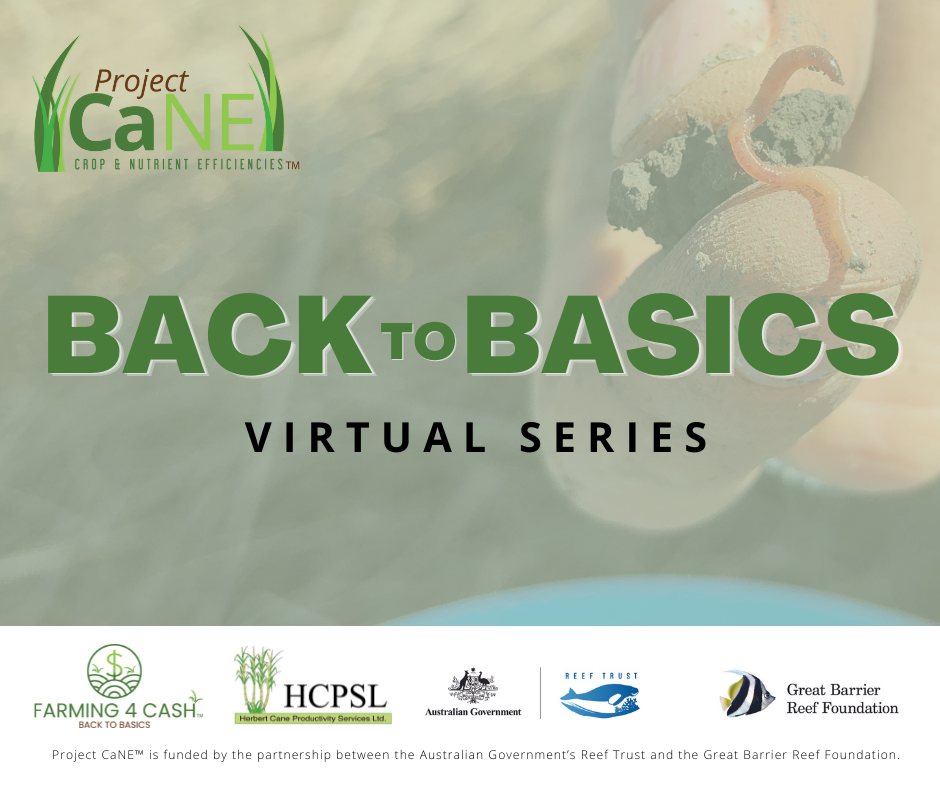
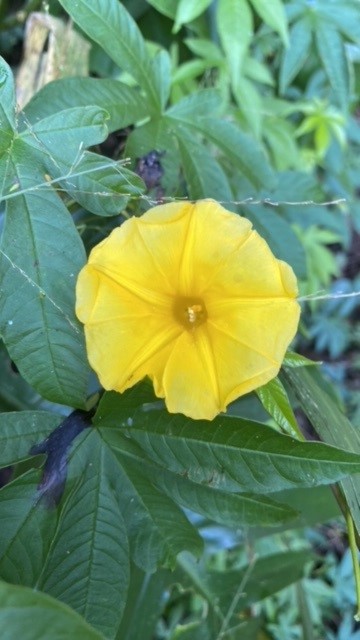




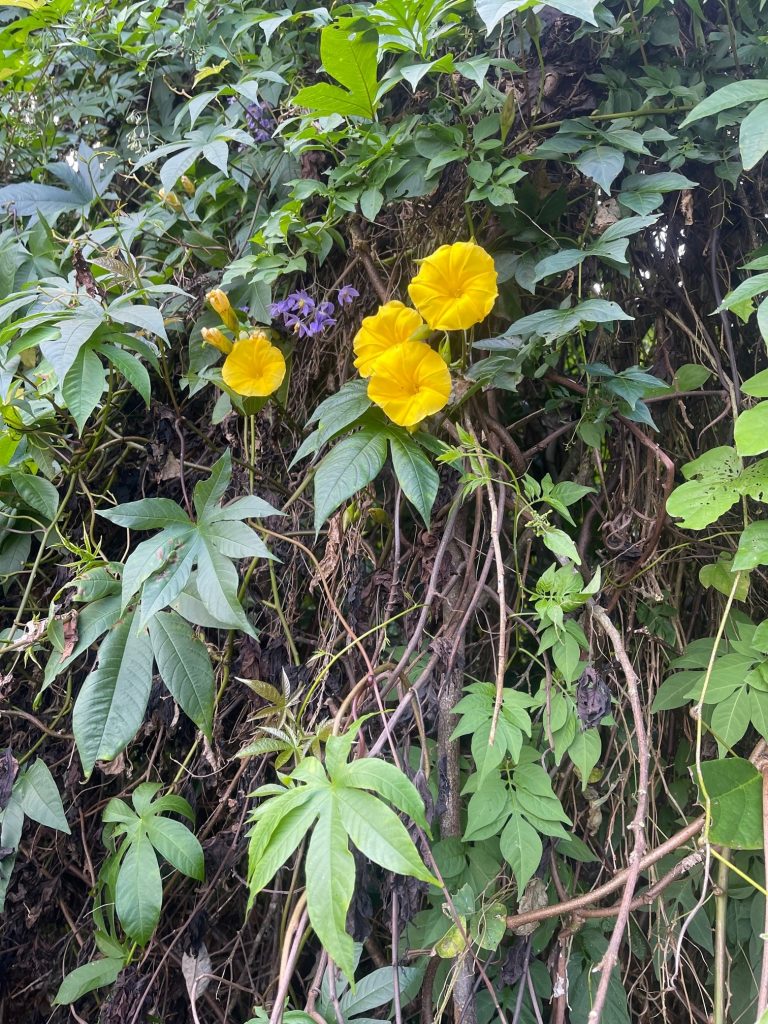



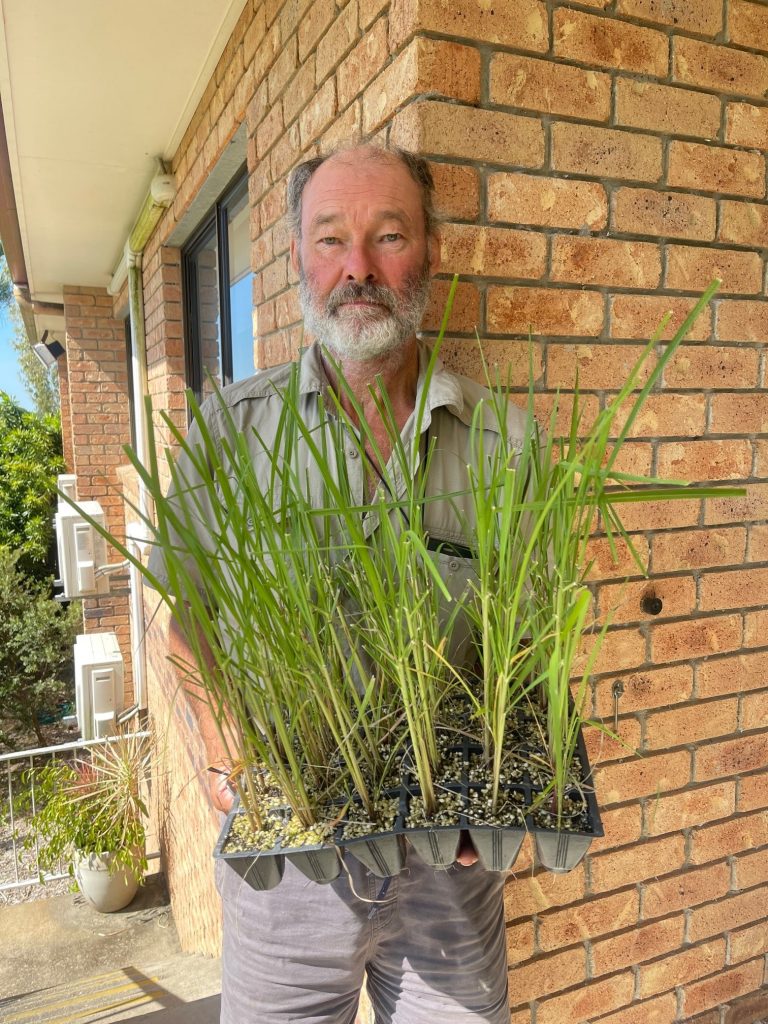
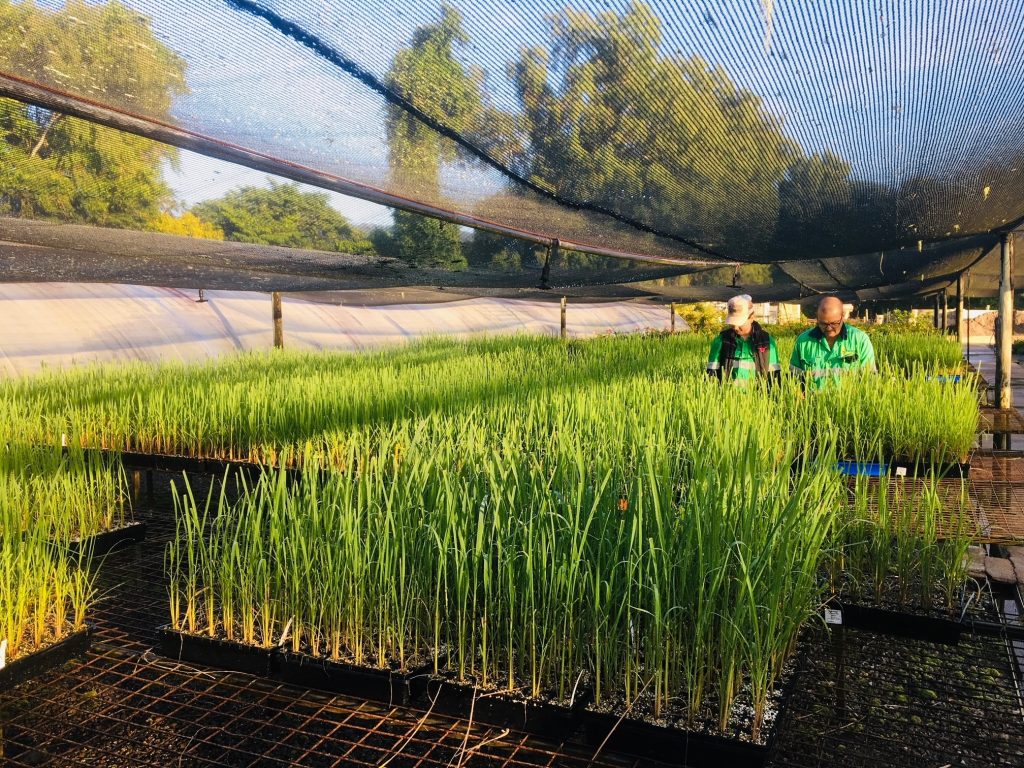
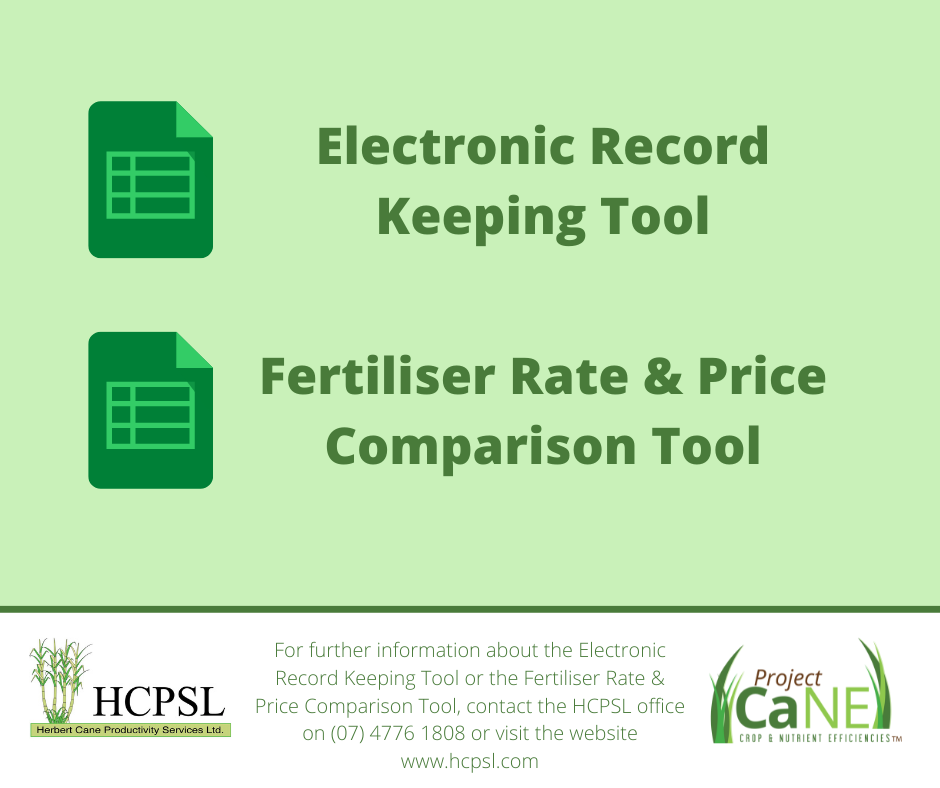



Recent Comments